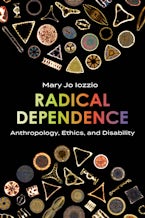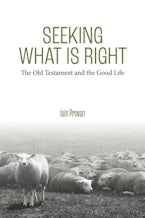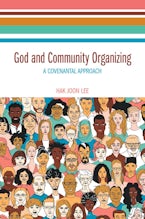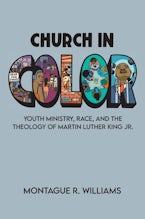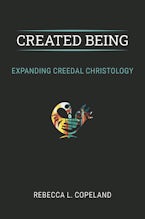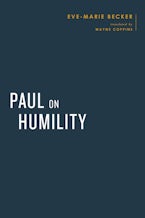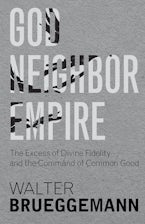Human beings are relationally dependent, regardless of race, gender, or functionality, and while persons with disability may seem to epitomize dependency, they are neither more nor less dependent than those without disabilities. Many people deny, if not absolutely reject, any claim of dependence on others once maturity is reached; however, this position contradicts reality--disabled and nondisabled alike are dependent on others for the provision of both basic and complex services. Acknowledging one's dependence can facilitate relief from the hardships everyone experiences over the course of a lifetime: sickness, injury, disease, and the difficulties of aging.
With Radical Dependence, Mary Jo Iozzio approaches concerns of and for disabled persons by presenting a Trinitarian theological anthropology of relationality and the radical dependence that such a reality presumes. Iozzio demonstrates the influence such a theology can have on the ways that institutions—healthcare, schools, social services, civic organizations, and churches--can practice solidarity and subsidiarity alongside people with disability who have been too long oppressed, sequestered, and forgotten.
Disability studies is increasingly engaging theology and ethics. Colleagues in systematics have offered keen insights and challenges to theological anthropology inclusive of people with disability. This text builds on some of that work, expands it through a Trinitarian lens, and approaches each imago Dei as inherently dependent upon others. Radical Dependence considers the contours of an ethics that uses a disability hermeneutic while it engages the Scriptures, systematic theology, virtue ethics, and Catholic Social Teaching applied to questions that arise in formal, informal, and intimate contexts. This is an ethical vision for people with disability and the nondisabled alike, for all who wish to embrace the radical fullness of human existence.

